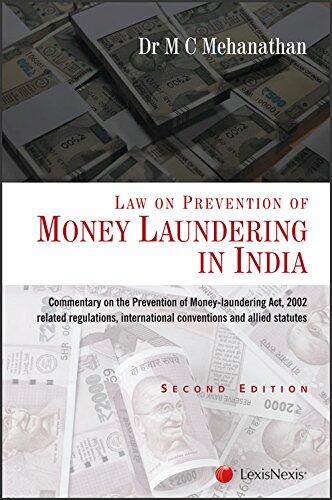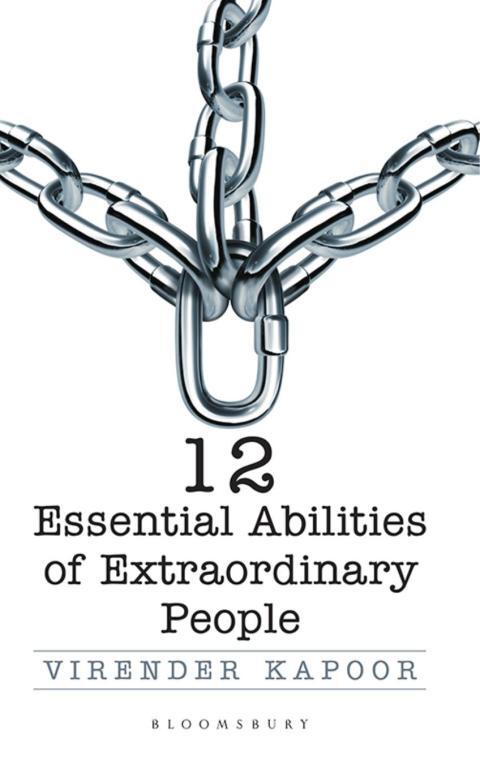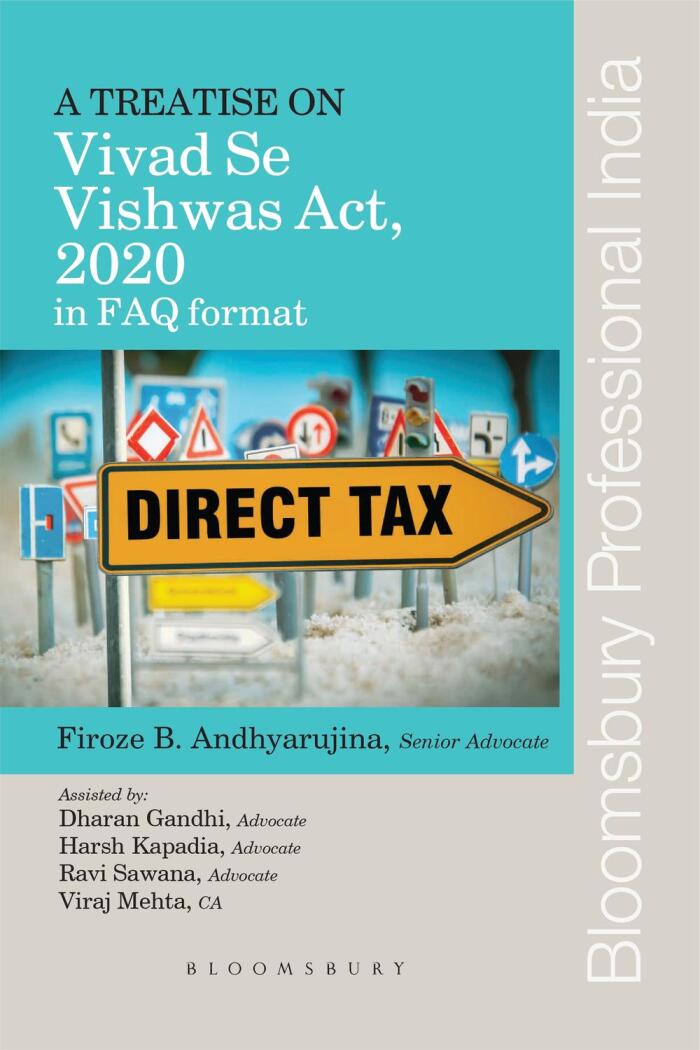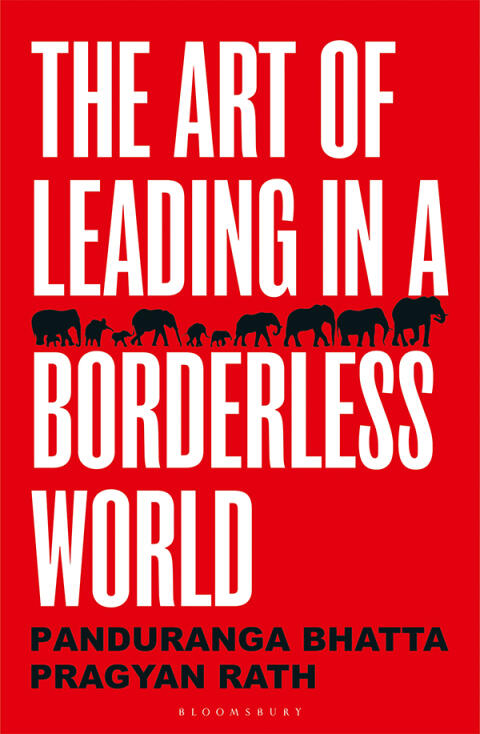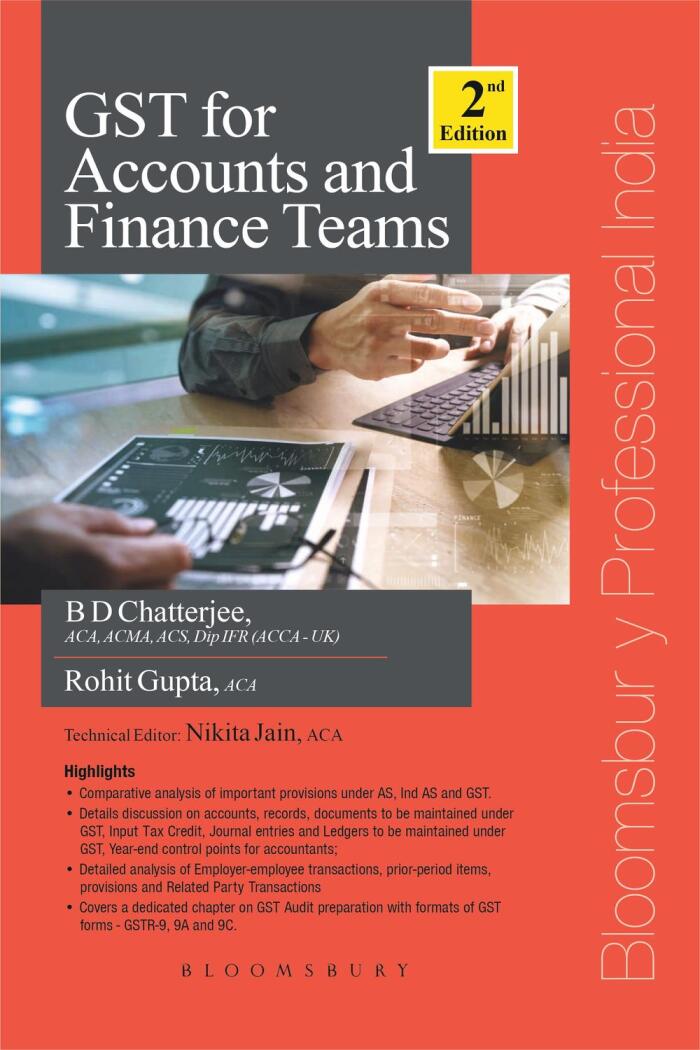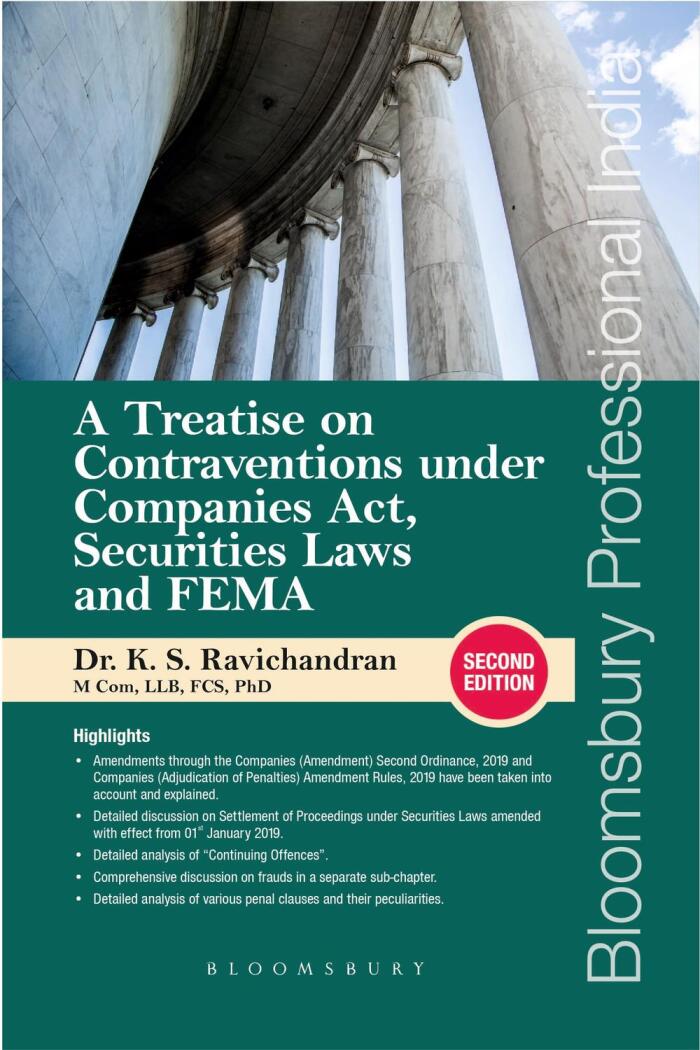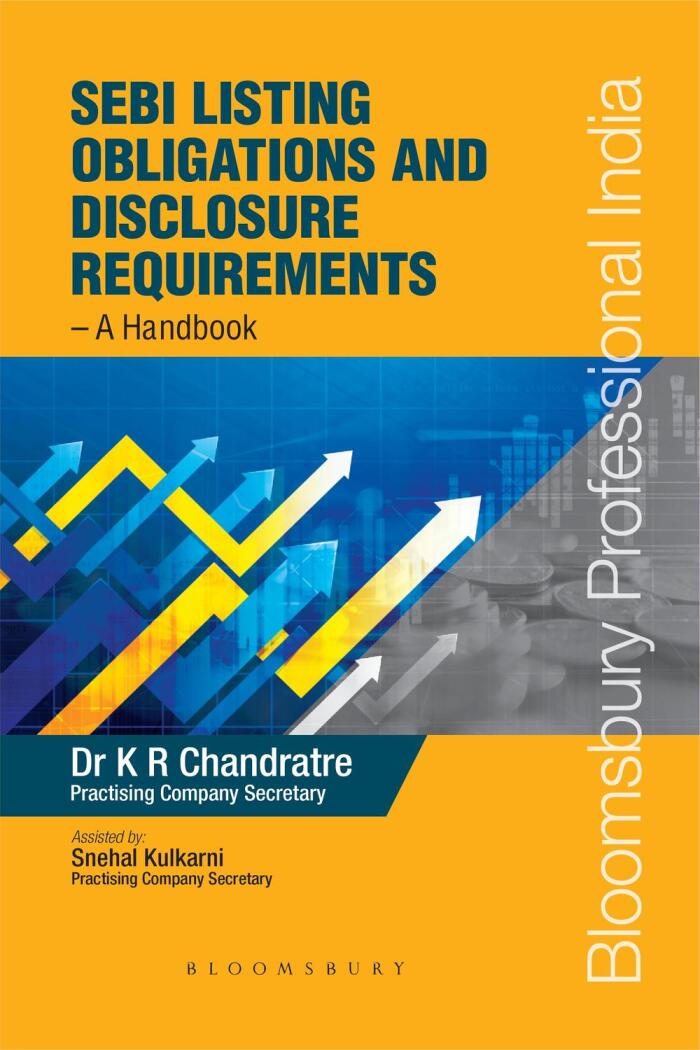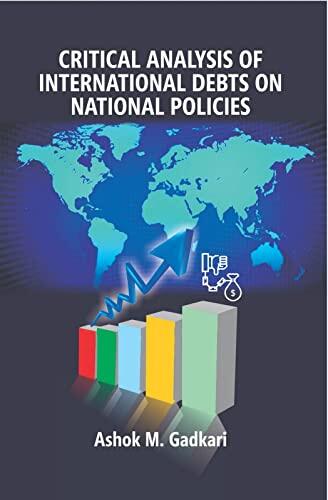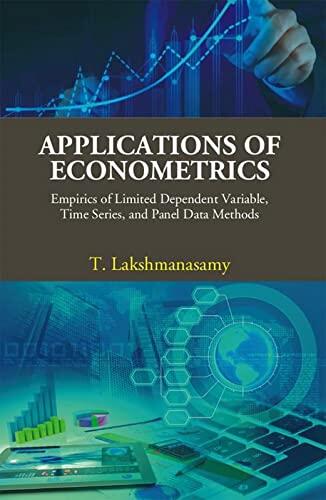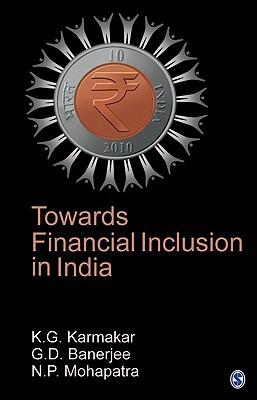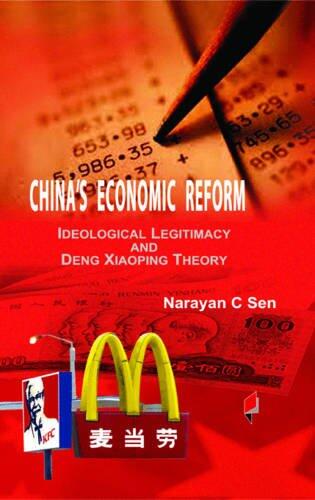
China's Economic Reform: Ideological Legitimacy and Deng Xiaoping Theory
بواسطة
Narayan C. Sen
لا توجد تقييمات بعد
Business & Economics
تنسيق
غلاف صلب
صفحات
239
لغة
الإنجليزية
منشور
Jan 1, 2011
الناشر
Frontpage Publications
رقم ISBN-10
9381043027
رقم ISBN-13
9789381043028
الوصف
In examining the intricate web of China's economic transformation, Narayan C. Sen delves deep into the pivotal role of Deng Xiaoping's ideology. The narrative unfolds through an analysis of how Deng shaped the modern Chinese economy, marrying traditional communist thought with market-oriented reforms. This blend of ideologies not only redefined China's economic landscape but also solidified Deng's legacy as a paramount figure in the country's history.
Sen emphasizes the ideological legitimacy that underpins these reforms, a crucial aspect for understanding the acceptance and implementation of Deng Xiaoping Theory among Chinese theorists. By tracing the evolution of thought surrounding these ideological shifts, he presents a comprehensive overview that illustrates the interplay between economic necessity and political doctrine.
The book serves as an insightful exploration of the challenges and debates among Chinese intellectuals regarding the direction of economic policies. It captures the tensions between maintaining communist principles and embracing capitalist practices, a dilemma that continues to resonate in contemporary China.
Ultimately, Narayan C. Sen provides readers with a thoughtful examination of how Deng Xiaoping’s vision fostered a new era of growth and development, while also sparking ongoing discussions about the future of ideology in China's unique socio-economic landscape.
Sen emphasizes the ideological legitimacy that underpins these reforms, a crucial aspect for understanding the acceptance and implementation of Deng Xiaoping Theory among Chinese theorists. By tracing the evolution of thought surrounding these ideological shifts, he presents a comprehensive overview that illustrates the interplay between economic necessity and political doctrine.
The book serves as an insightful exploration of the challenges and debates among Chinese intellectuals regarding the direction of economic policies. It captures the tensions between maintaining communist principles and embracing capitalist practices, a dilemma that continues to resonate in contemporary China.
Ultimately, Narayan C. Sen provides readers with a thoughtful examination of how Deng Xiaoping’s vision fostered a new era of growth and development, while also sparking ongoing discussions about the future of ideology in China's unique socio-economic landscape.

